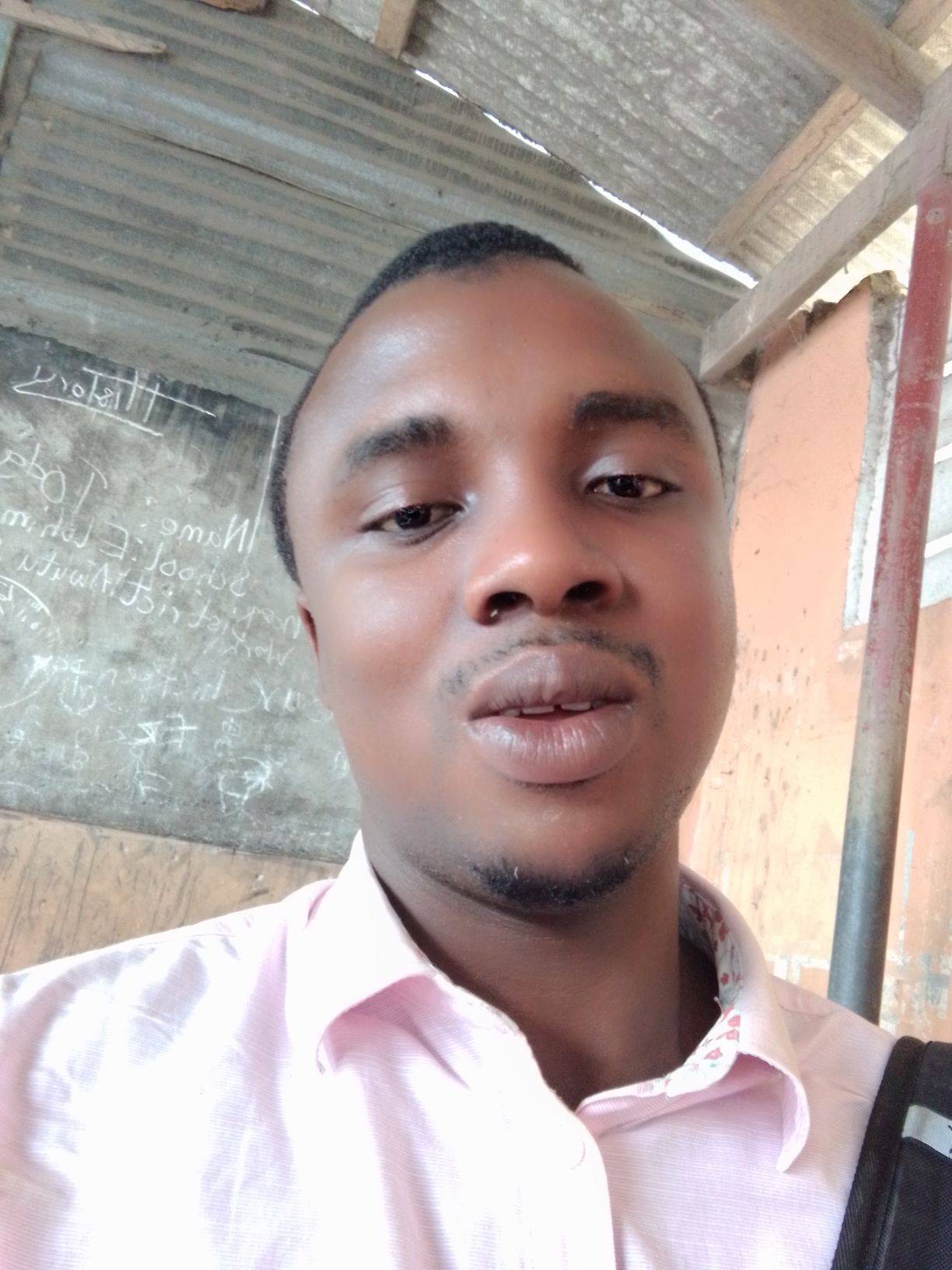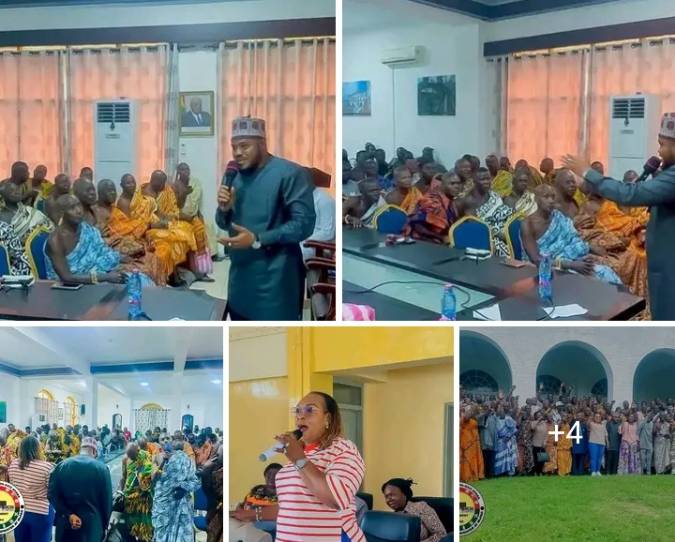Sekondi-Takoradi and Cape Coast recently played host to crucial stakeholder meetings, spearheaded by the Deputy Minister for Fisheries and Aquaculture Development, Hon. Musah Abdul-Aziz Ayaba, and his dedicated Minister. On the 19th and 20th of June 2024, the discussions centered around the forthcoming Closed Season, alternative livelihood initiatives, and advancements in the Aquaculture for Food and Jobs program, among other key issues.
The meetings saw an enthusiastic turnout from Chief Fishermen and fisherfolk representing various coastal communities. The collective sentiment was one of gratitude towards the ministry’s initiatives. The stakeholders acknowledged the scientific benefits of the Closed Season, a period during which fishing activities are halted to allow fish populations to replenish. They also voiced their support for the ministry’s efforts to legislate and enforce the traditional ban on Tuesday fishing, emphasizing its importance in sustaining marine life.
In her address, the Minister for Fisheries and Aquaculture Development passionately underscored the interconnectedness of human activities and aquatic ecosystems. "Everything we do that affects humans also affects aquatic species. From plastic waste to the felling of trees. We have to leave a good legacy for our children. Do you think our fishing practices can leave the kind of legacy we envision?" she posed to the attentive audience.
Her words resonated deeply, highlighting the need for sustainable practices to ensure the longevity of marine resources. The Minister reassured stakeholders of the government’s unwavering support for the sector, emphasizing that their collaborative efforts are pivotal in achieving long-term sustainability.
One of the standout topics was the Aquaculture for Food and Jobs program, an initiative aimed at boosting fish production and creating employment opportunities within the aquaculture sector. This program has already started to make significant strides, providing an alternative source of livelihood for many, thereby reducing the pressure on marine resources.
Additionally, the discussions included the introduction of an automated system for the Premix Fuel Distribution, a move that promises greater efficiency and transparency in fuel allocation to fishing communities. This system is expected to curb the challenges associated with fuel distribution, ensuring that the right quantities reach the right people at the right time.
The meetings concluded on a positive note, with stakeholders expressing optimism about the future. The collaborative spirit and proactive measures discussed underscored a shared commitment to preserving Ghana’s rich aquatic resources. As Hon. Musah Abdul-Aziz Ayaba and his team continue to engage with and support the fishing communities, the sector is poised for a more sustainable and prosperous future.




No comments yet
Be the first to share your thoughts!